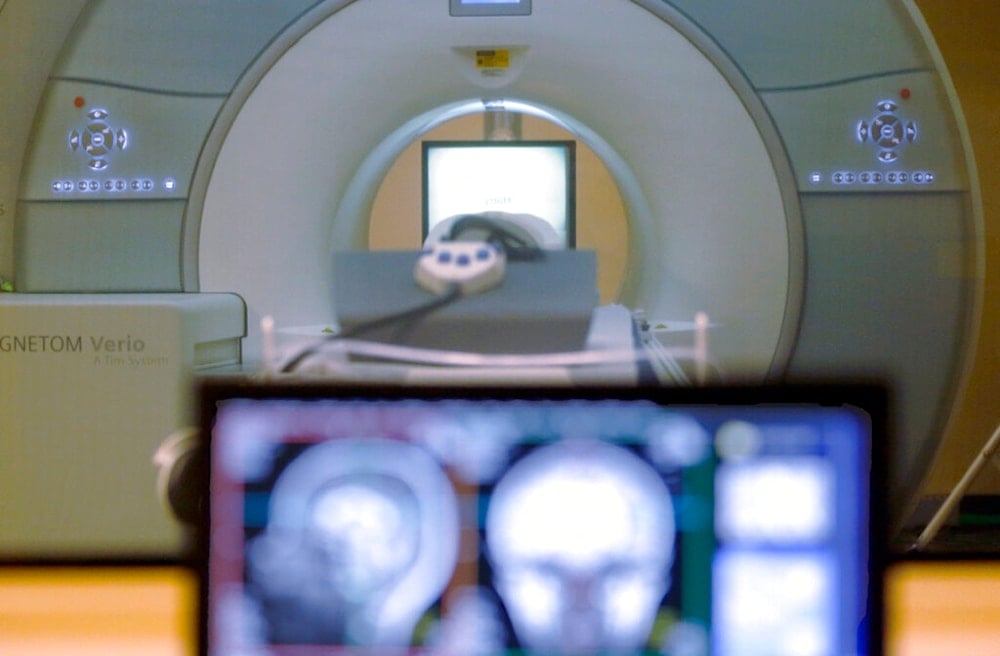US health sector faces risks as China tightens rare earth exports: WP
Some of the restricted elements play a key role in the production of medicines and imaging tools used to treat conditions such as cancer and cardiovascular disease.
-

In this Nov. 26, 2014, file photo, a brain-scanning MRI machine at Carnegie Mellon University in Pittsburgh (AP)
China's recent decision to tighten control over the export of certain rare earth elements could pose a serious challenge to the United States' healthcare system, The Washington Post reported Friday. These elements play a key role in the production of medicines and imaging tools used to treat conditions such as cancer and cardiovascular disease.
The Chinese Ministry of Commerce announced the new export restrictions on April 4, a direct response to sweeping tariff measures introduced by President Donald Trump's administration. Among the restricted materials are elements like gadolinium, lutetium, yttrium, and terbium—metals that, while often associated with defense applications, are also critical to civilian medical use. Gadolinium is commonly used in MRI contrast agents, while lutetium-177 and yttrium-90 are integral to radiotherapies for prostate and liver cancer.
Health experts interviewed by The Washington Post voiced concern over the potential for disrupted supply chains to limit access to essential medical technology. "Experts find the effect that supply chain disruptions may have on the availability of medical technologies troubling," the paper reported.
While some pharmaceutical firms, including Novartis and Guerbet, have indicated that their current supply chains remain stable due to diversified sourcing, analysts caution that prolonged restrictions may lead to shortages. Compounding the issue, the US lacks robust domestic production of heavy rare earths. The Mountain Pass mine in California is the country's only active rare earth facility, and US processing capacity remains underdeveloped.
Read more: California sues Trump administration over tariff authority
Despite growing concern within the healthcare sector, much of Washington's focus remains on the national security implications. Rare earths are vital to the manufacture of advanced weapons systems, including drones, radar components, and missile guidance systems.
Tariff Fallout
The export controls follow a sharp escalation in trade tensions. On April 2, President Donald Trump imposed sweeping reciprocal tariffs on imports from dozens of countries, starting at 10%. For 57 countries with significant trade surpluses, additional duties were applied. On April 11, China responded by raising its tariffs on US goods to 125%.
Rather than de-escalating, the US retaliated further. On April 16, the Trump administration raised its own tariffs on Chinese imports to 245%, combining a 125% reciprocal rate, a 20% penalty linked to the fentanyl crisis, and additional Section 301 duties of up to 100%.
While much of the policy focus in Washington remains on national security, since rare earths are vital for weapons systems, including drones and missile guidance, experts say the impact on healthcare may be equally urgent.
With rare earths now entangled in a widening geopolitical standoff, US hospitals and patients may face unintended consequences from trade policies originally aimed at economic leverage.
Read more: US markets 'frozen', Chinese exporters say amid tariffs and trade war

 3 Min Read
3 Min Read










